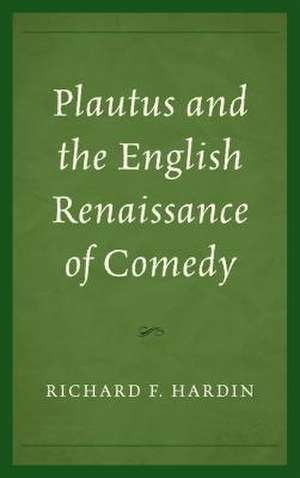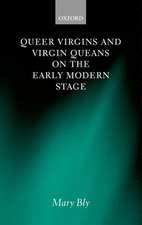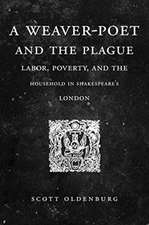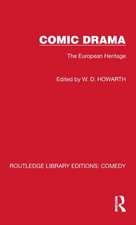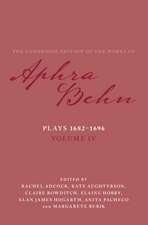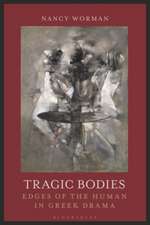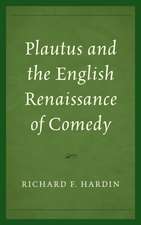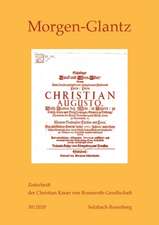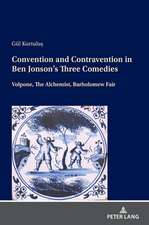PLAUTUS AMP THE ENGLISH RENAISSAPB
Autor Richard F. Hardinen Limba Engleză Paperback – 22 mai 2019
Preț: 394.57 lei
Nou
Puncte Express: 592
Preț estimativ în valută:
75.51€ • 78.24$ • 63.02£
75.51€ • 78.24$ • 63.02£
Carte tipărită la comandă
Livrare economică 22 martie-05 aprilie
Preluare comenzi: 021 569.72.76
Specificații
ISBN-13: 9781683931300
ISBN-10: 1683931300
Pagini: 206
Dimensiuni: 152 x 229 x 15 mm
Greutate: 0.31 kg
Editura: Rowman & Littlefield
ISBN-10: 1683931300
Pagini: 206
Dimensiuni: 152 x 229 x 15 mm
Greutate: 0.31 kg
Editura: Rowman & Littlefield
Notă biografică
Richard F. Hardin is professor emeritus in the Department of English at the University of Kansas.
Descriere
This book shows the impact of the 1428 rediscovery of Plautus's plays on the theory and composition of comedy, and sets Plautus's reception apart from that of the quite different dramatist Terence. The latter half takes up the Plautine traits that appear in the practice of English comic dramatists ca. 1500-1640.
